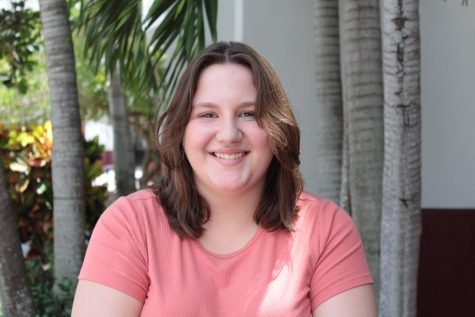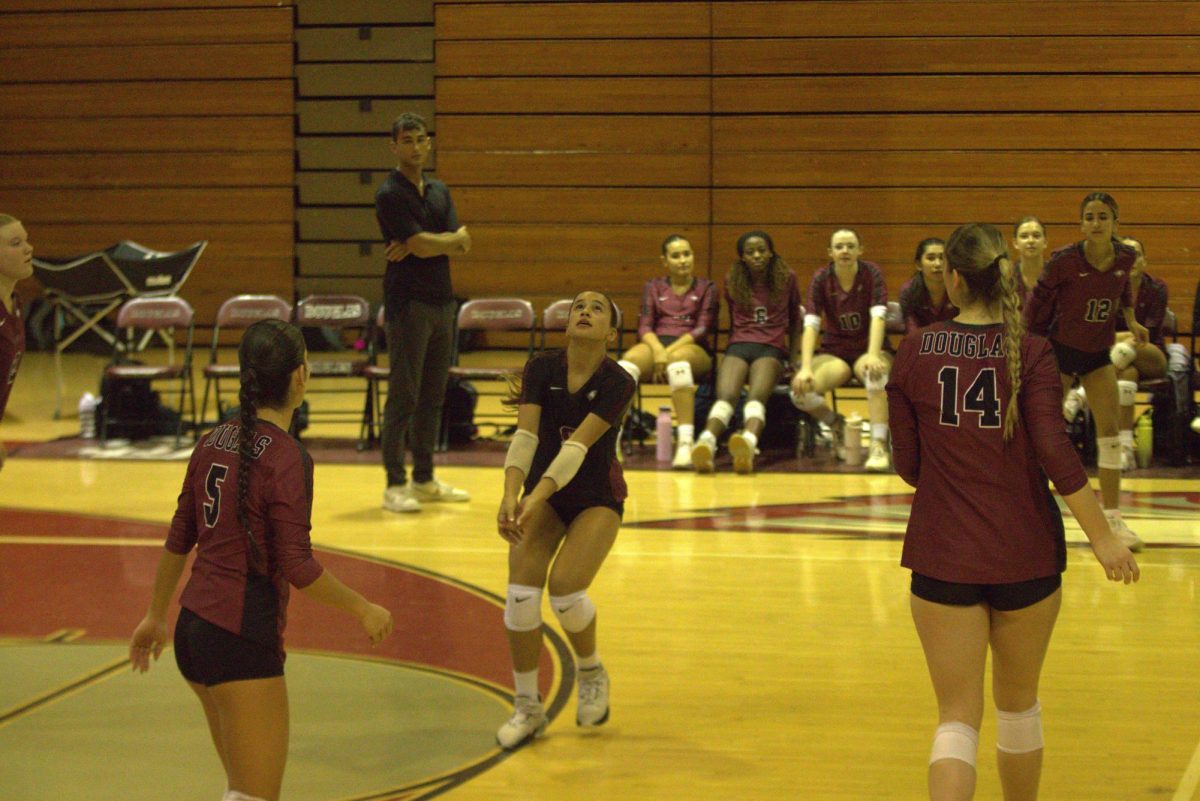College Board adjusts AP African American Studies after Florida Department of Education rejection
Tribune News Service
Gov. Ron DeSantis speaks during a campaign event at ATMAX Equipment on Friday, Oct. 21, 2022, in Tampa. Photo permission from Jefferee Woo/TNS.
February 2, 2023
College Board readjusted its new Advanced Placement African American Studies course on Feb. 2, following the Florida Department of Education’s rejection of the class.
The class allegedly violates state law and “lacks educational value.” This caused the FLDOE to block the class on Jan. 12.
“I’ve never been offered a course like this; it’s a good opportunity,” sophomore Caylx Olson said. “I don’t think it’s fair to take the class from anybody, especially African Americans.”
The specific state law it violated was not stated; however, the law may be the Stop W.O.K.E. Act, which took effect on July 1, 2022. The law bans the teaching of Critical Race Theory in Florida schools and prohibits any discussion or curriculum in school from making anyone feel “guilt” or “anguish” over the actions of others of their same race, sex or national origin.
College Board claims the class never contained Critical Race Theory but removed references to “systemic marginalization” and “intersectionality” in the class. Intersectionality refers to how privilege may intersect based on people’s different identities; Florida argues “intersectionality” enforces CRT.
The readings included with the intersectionality unit were also targeted by the FLDOE. As well as objecting to the “founder” of intersectionality Kimberle Crenshaw’s belief in CRT, the work of Angela Davis, a “self-avowed Communist and Marxist,” is included in the course.
While her work is not included in the intersectionality section, the work of bell hooks is included in the curriculum and was a concern by the state of Florida because she was the author of many intersectionality texts.
“I began to use the phrase in my work ‘white supremacist capitalist patriarchy’ because I wanted to have some language that would actually remind us continually of the interlocking systems of domination that define our reality,” bell hooks said in a recommended reading in the course.
“So when you look to see they have stuff about intersectionality, abolishing prisons, that’s a political agenda. And so, that’s the wrong side of the line for Florida standards,” Florida Gov. Ron DeSantis said at a press conference.
The FLDOE believes the unit about Black Lives Matter pushes a “political agenda” about jails by arguing that an objective of Black Lives Matter is “eliminating prisons and jails [and] ending pretrial detention.”
Another political agenda Florida believes the AP African American Studies course is advocating for is reparations.
“All points and resources in this study advocate for reparations,” the Florida Department of Education said in an infographic of their concerns with the class. “There is no critical perspective or balancing opinion in this lesson.”
The class did not adjust much within the first three units, but the fourth unit had drastic changes to content Florida initially objected to. Discussions on “The Early Black Freedom Movement,” “Contemporary Debates and New Directions in African American Studies” and “The Social Construction of Race” were all removed from the updated course framework.
Intersectionality and Black feminism were also targeted; “Black Feminism, Womanism and Intersectionality” was changed to be titled “Black Women’s Voices in Society and Leadership.” Additionally, “The Black Feminist Movement and Womanism” and “Intersectionalist” were removed.
College Board maintains that this change in curriculum was not in response to Florida’s complaints. However, the FLDOE had stated in its initial complaint that they would reconsider the ban if their concerns were addressed. Florida has not yet announced their plan in the future for AP African American Studies.











